www.sciencedirect.com/science/arti...
✅We find that prebunking interventions improve people's ability to discern between reliable & unreliable news without causing undue skepticism!

We are looking for someone interested in doing cutting-edge computational social science + helping us with data & software engineering 🤓.
See job ad for details jobs.uni-graz.at/en/jobs/7d14...
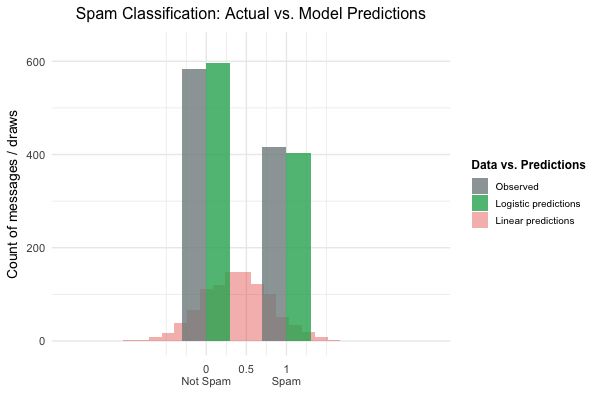
1/

We show how belief and disbelief shape narrative processing in the brain, not just as opposites of a continuum, but as distinct effects, including a cool truth/belief bias.
www.pnas.org/doi/10.1073/...
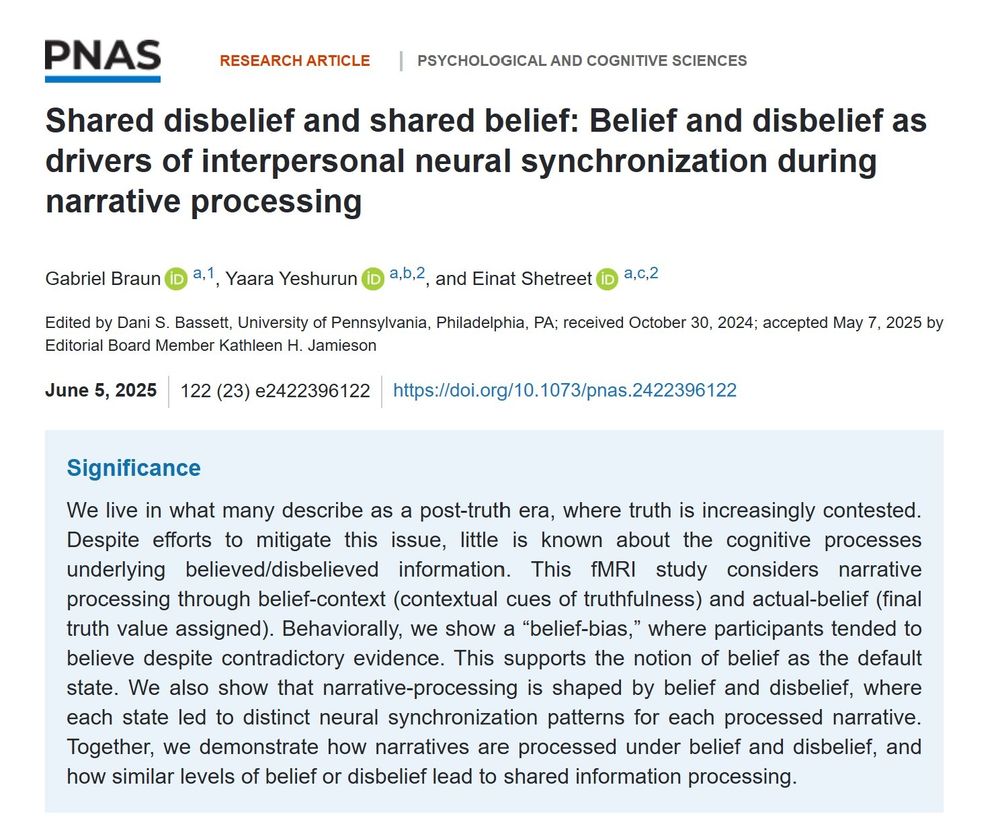
We show how belief and disbelief shape narrative processing in the brain, not just as opposites of a continuum, but as distinct effects, including a cool truth/belief bias.
www.pnas.org/doi/10.1073/...
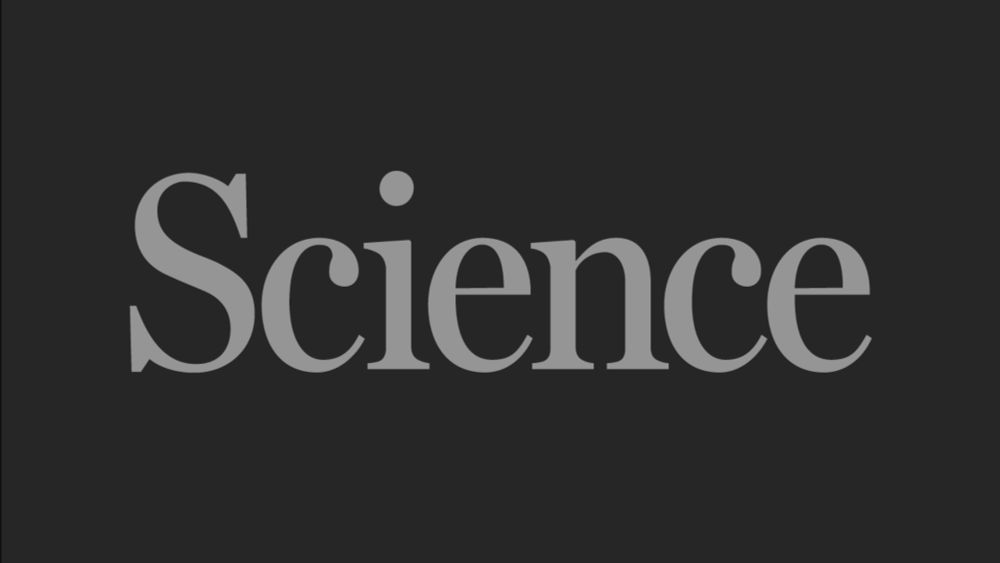
Science is, in essence, designed to separate the true from the false.
Understanding how falsehoods spread is key to the scientific endeavor. It is not a violation of free speech to be proven wrong.
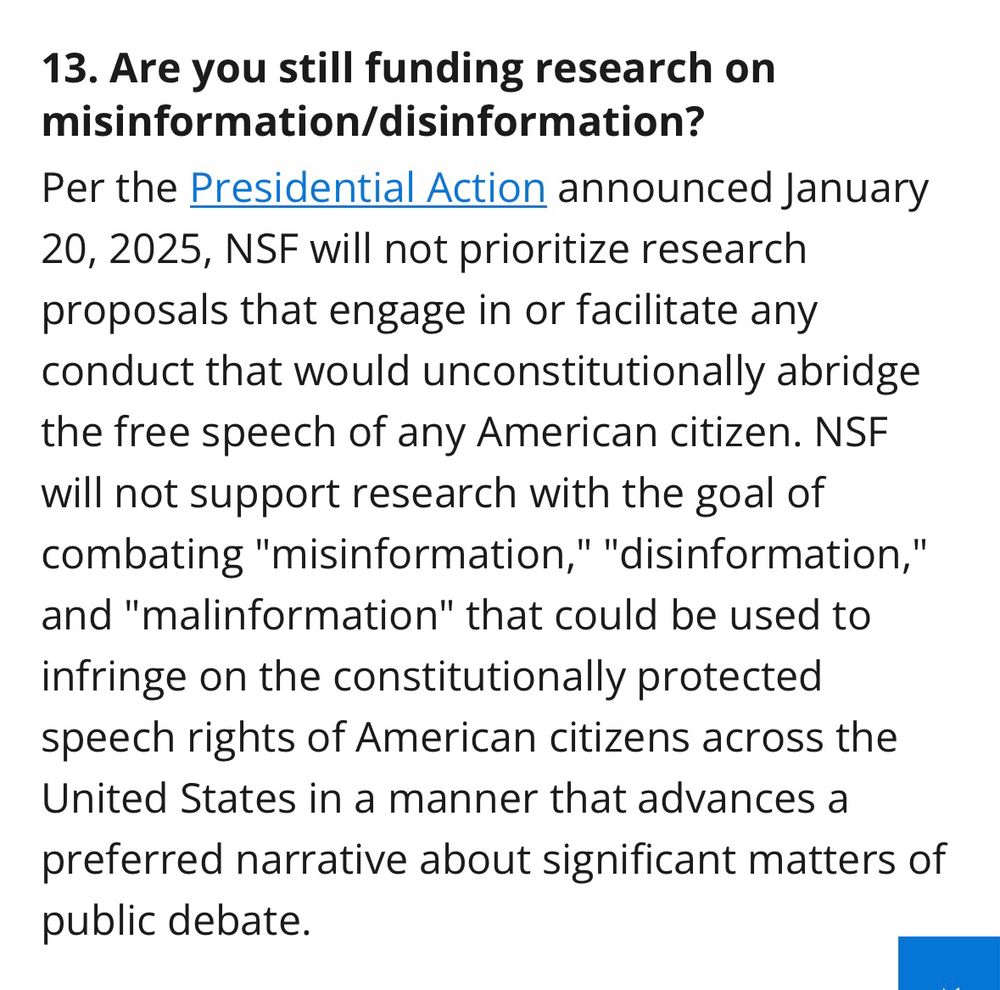
Science is, in essence, designed to separate the true from the false.
Understanding how falsehoods spread is key to the scientific endeavor. It is not a violation of free speech to be proven wrong.
One puzzling conundrum in contemporary politics is that politicians who seem to be estranged from facts and evidence are nonetheless considered honest by their followers.
1/n
For more information, follow the link:
bgu-academic-recruitment.my.site.com/Recruiters/V...

For more information, follow the link:
bgu-academic-recruitment.my.site.com/Recruiters/V...

Our new paper shows that their choice between a fact-based (evidence-driven) and a belief-based (sincerity-driven) honesty creates a "contagion" effect, influencing how users engage and respond. ⬇️(1/8)
#BOOSTING: Empowering citizens with behavioral science
New, freely available paper in Annual Review of Psychology.
PDF: tinyurl.com/boosting2025
For more: scienceofboosting.org
@arc-mpib.bsky.social @mpib-berlin.bsky.social
@annualreviews.bsky.social
#policy #behavioralscience
1/ 🧵👇
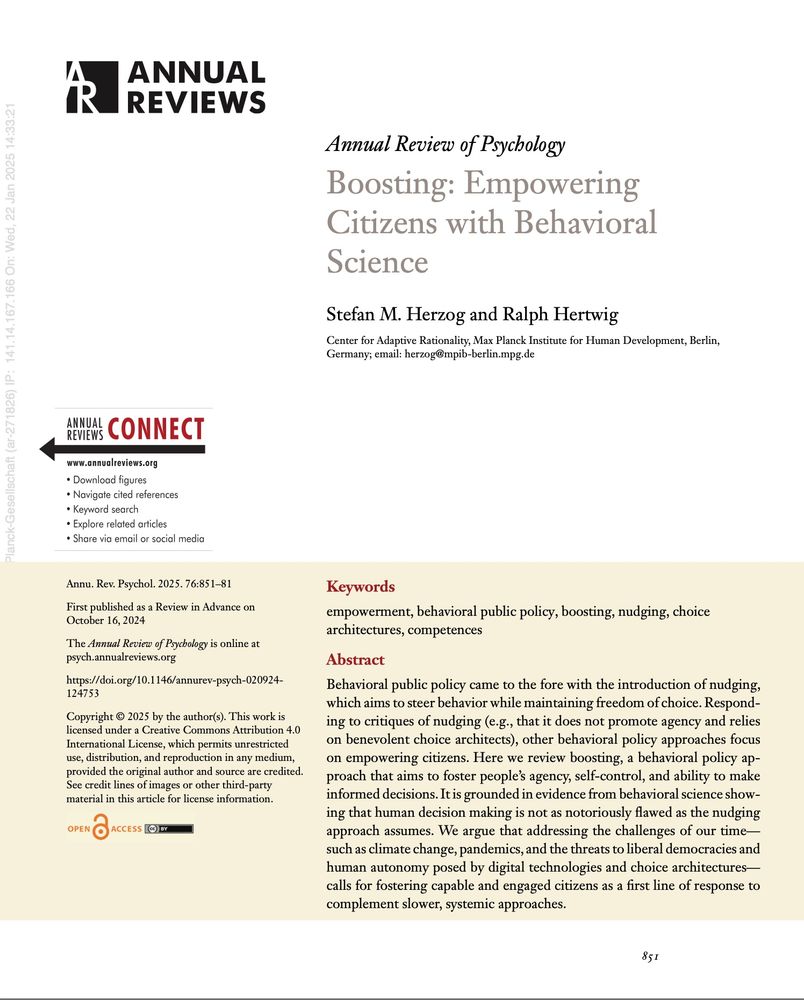
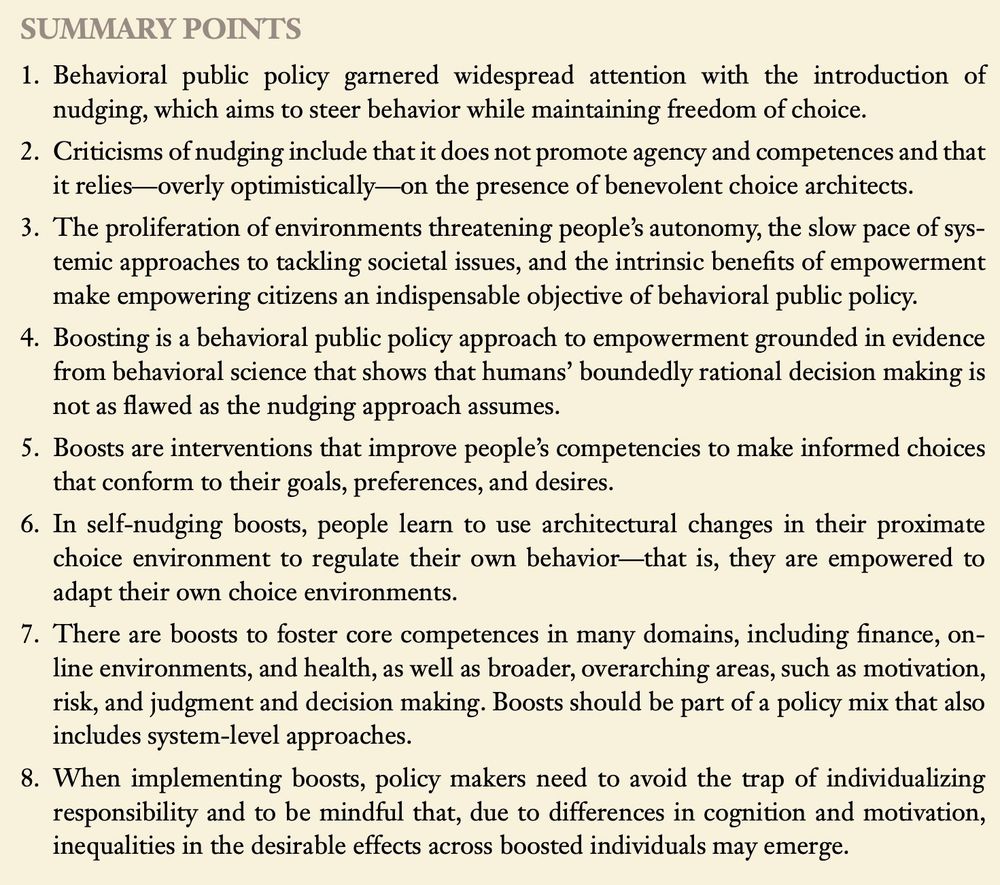
#BOOSTING: Empowering citizens with behavioral science
New, freely available paper in Annual Review of Psychology.
PDF: tinyurl.com/boosting2025
For more: scienceofboosting.org
@arc-mpib.bsky.social @mpib-berlin.bsky.social
@annualreviews.bsky.social
#policy #behavioralscience
1/ 🧵👇
After years of work in @nivreggev.bsky.social 's SCMB lab, we proudly present the Israeli Face Database (IFD)!
Special thanks to co-leader @mayanna.bsky.social, @talmoran.bsky.social, and everyone who made this possible. 🙌
🧵 A thread:
After years of work in @nivreggev.bsky.social 's SCMB lab, we proudly present the Israeli Face Database (IFD)!
Special thanks to co-leader @mayanna.bsky.social, @talmoran.bsky.social, and everyone who made this possible. 🙌
🧵 A thread:
(1) The prevalence of misinformation in society is substantial when properly defined.
(2) Misinformation causally impacts attitudes and behaviors.
psycnet.apa.org/fulltext/202...
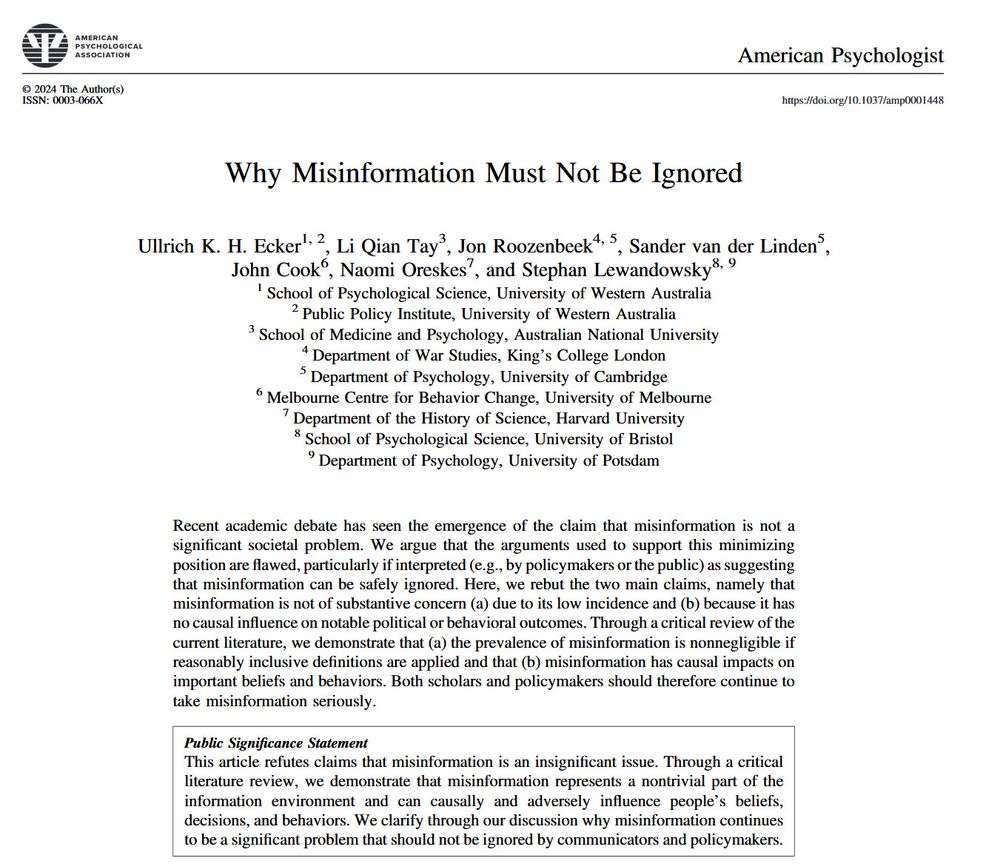
(1) The prevalence of misinformation in society is substantial when properly defined.
(2) Misinformation causally impacts attitudes and behaviors.
psycnet.apa.org/fulltext/202...
Dedicated to my fellow Israelis, with a glimmer of hope that we might still manage to dodge that bullet
Dedicated to my fellow Israelis, with a glimmer of hope that we might still manage to dodge that bullet
The ability to imagine things we haven’t done before is one of the hallmarks of human cognition. How do we do it?

psycnet.apa.org/record/2024-...
psycnet.apa.org/record/2024-...

Personalized political ads are more persuasive & can be automated on a large scale with AI/chatGPT.
Impressive new work from @almogsi.bsky.social @lewan.bsky.social 👏
academic.oup.com/pnasnexus/ad...?

Personalized political ads are more persuasive & can be automated on a large scale with AI/chatGPT.
Impressive new work from @almogsi.bsky.social @lewan.bsky.social 👏
academic.oup.com/pnasnexus/ad...?
The persuasive effects of political microtargeting in the age of generative AI w/ @lewan.bsky.social
and Matthew Edwards doi.org/10.1093/pnas... [1/8]
The persuasive effects of political microtargeting in the age of generative AI w/ @lewan.bsky.social
and Matthew Edwards doi.org/10.1093/pnas... [1/8]

